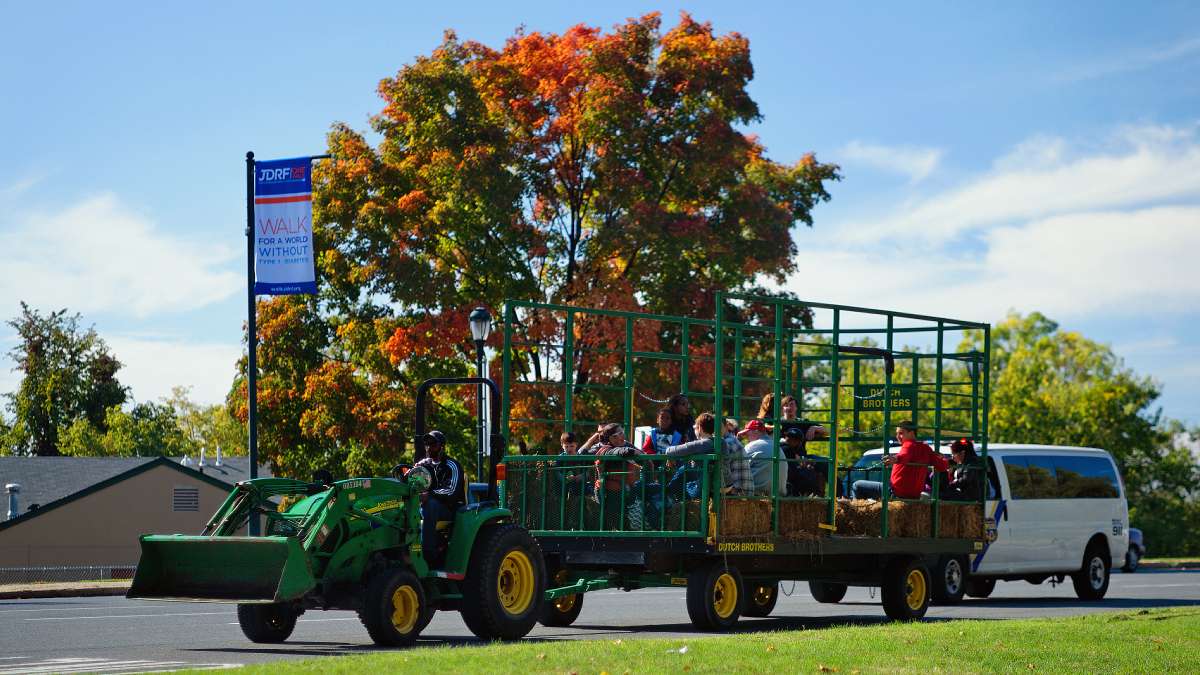An elected school board for Philly? No thanks
The sad state of Philadelphia’s public schools inspires fury, frustration, and now, from the Democratic gubernatorial candidate Tom Wolf, a really bad idea for fundamental change.
Wolf recently proposed replacing the current five-member School Reform Commission that runs the schools with a locally elected school board.
I know Wolf means well. But establishing an elected school board in Philadelphia will not empower parents and their communities. It will put the selection of our school board members in the hands of the same people who pick judges, state legislators, sheriffs and city commissioners in this town: Democratic ward leaders.
There’s a talk I give every year to young, aspiring civic leaders about how we elect people to Philadelphia offices where candidates are not well known to voters. Candidates win by getting the support of ward leaders, so the ward leaders’ committeepeople will recommend them at polling places.
It means many of our government leaders are picked by people who’ve grown up with a transactional view of politics: I do you a favor, you do me one. I support your guy, you take care of me. This is a broad generalization, to be sure, but it fits the reality in many of the city’s 69 Democratic wards.
So the question is this: If we’re going to have a five- or seven- or nine-member board running the schools, what’s the best way to get members who are smart, hard working and committed?
There’s no guarantee an appointed board will be stellar, but I think our chances are better that way than letting party bosses interested in jobs and favors pick the winners.
What’s the alternative?
Before 2001, the school district was run by a nine-member board appointed by the mayor to staggered six-year terms, which meant a new mayor couldn’t just throw the whole board out, or get rid of somebody he didn’t like. There was some continuity on the board, and its composition changed gradually. In 1999, the staggered terms were eliminated, giving the mayor more direct control over the district.
Then in 2001, after Mayor John Street challenged the state to take over the schools and fund them properly, the current system was set: a five-member board, with three appointees from the governor and two from the mayor, with the mayoral appointees having veto power over some decisions.
As someone who’s followed government in this town for more than three decades, I can’t say I see a dramatic difference in the quality of leadership from the old board to the new one. The idea behind getting the governor involved in school governance was that it would result in more state money and a sense of state responsibility for the system.
More money came at first, but it didn’t last. And while you sometimes hear advocates say that “the state has been running Philadelphia’s schools” for more than a decade, that doesn’t describe the reality.
What’s happened is that the governor would appoint his three board members, and they’d be left to do their best in running the system. It did not mean that the governor and his staff were involved in the district on a day-to-day basis, and it sure didn’t mean that the governor felt his political future depended on high-performing schools in Philadelphia.
No, the people who’ve cared about and taken responsibility for the schools are the parents and elected officials who live here. They’re the ones who feel the heat when a budget crunch comes.
(An exception must be noted. While Ed Rendell was governor, he and his policy director Donna Cooper did take a special interest in Philadelphia schools and education funding generally, but this was a function of their policy priorities and not the structure of the board.)
A new direction?
I know some smart people believe the SRC should be abolished because the city should control its own schools. I see their case, and I also see the value of keeping a connection to the governor’s office.
It seems to me the quality of leadership on the board is more dependent on the quality and commitment of the people occupying the mayor or governor’s office than anything else.
What won’t make things better is creating an elected board in which ward leaders (and, as Phil Goldsmith points out today, union leaders) have the most say in who runs the schools.
I know Tom Wolf is aware of the drawbacks of having political operatives pick candidates and is interested in making school board elections genuine reflections of the voters’ will, perhaps by holding elections in presidential years when participation is high.
I think having school board elections when there are other very high-profile races on the ballot will only ensure they get little attention, leaving the politicians in control. I’ve been around here a long time and seen it happen, again and again.
Just think of it this way: Do we want to pick school board members the way we always picked Traffic Court judges?
WHYY is your source for fact-based, in-depth journalism and information. As a nonprofit organization, we rely on financial support from readers like you. Please give today.




















